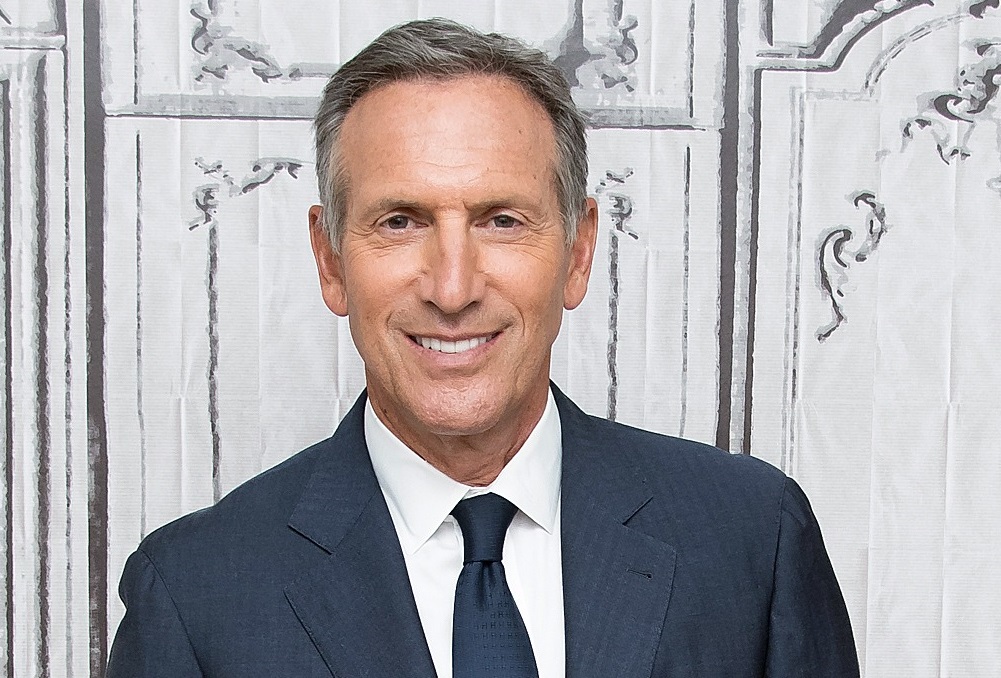
In 2018, when Starbucks founder Howard Schultz announced his plans to step down from the company, it fueled instant rumors of a possible run for U.S. President. We weren’t surprised: for years, he has called on American CEO’s to provide the economic leadership that our government has at times been unable to.
Now he is exploring a possible Presidential run. His plan is to explore it during the three-month promotional tour for his new book, “From the Ground Up: A Journey to Reimagine the Promise of America.” That is a perfect cross-marketing strategy. He will sell more books while using the multi-city appearances to reintroduce himself to the American public.
As founder of one of the most popular companies in America, Schultz has proven to be an effective agent of change. A classic American success story, he is a master of the practice known as “personal branding.” He has a compelling origin story and an authentic image. He has also long expressed his concern over the state of America and its politics.
In 2011, he made headlines when he called on fellow CEOs to boycott Washington by stopping all political campaign contributions. “The CEO of Starbucks wants Washington to wake up and smell the coffee,” reported Huffington Post writer Dan Froomkin.
In television interviews that week, Schultz was praised for showing more decisive leadership than any elected official in Washington had in recent months. He was calm, focused and respectful toward Washington leaders as he presented solutions to address a then-growing crisis. Estimating that “a third of the states are facing a crisis of insolvency,” he said that Washington’s political infighting is causing great damage and harm to business in America. He also warned that businesses are “going to have to do more to provide the kinds of services to the communities we serve, and a safety net for the people that we employ, because the federal government is not going to have the resources.”
Howard Schultz has stumbled at times. Who hasn’t? As a citizen activist, he is an inspirational role model for other CEOs. Starbuck’s popularity reflects it, as does the company’s responsive handling to its 2018 racial discrimination case in Philadelphia. We look forward to reading his book.

